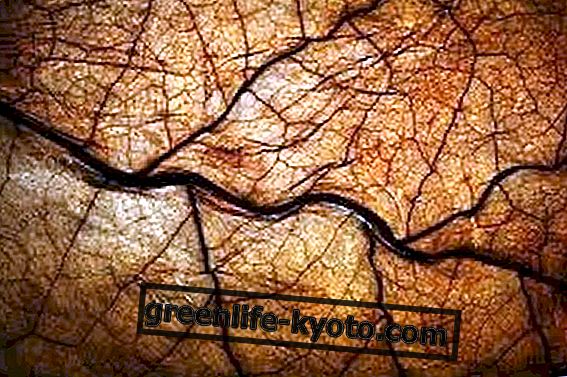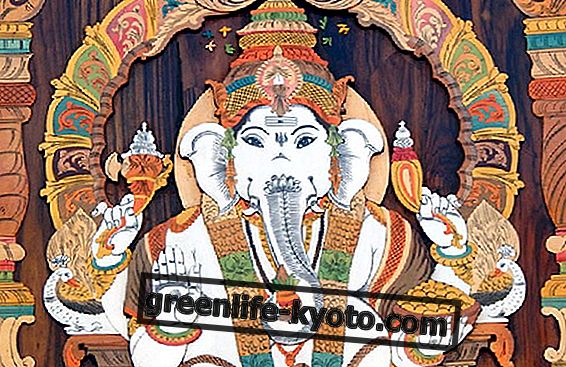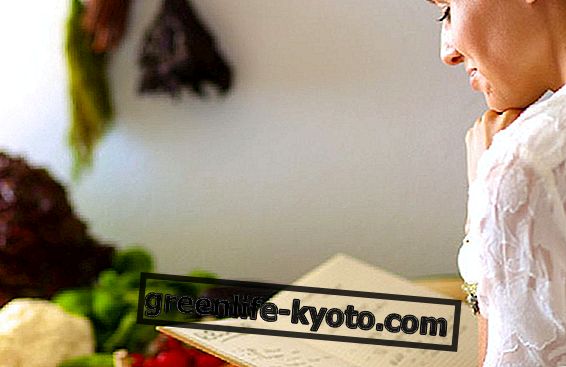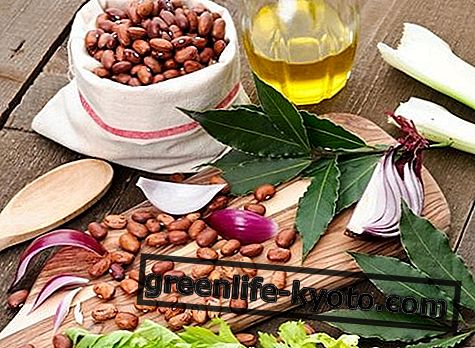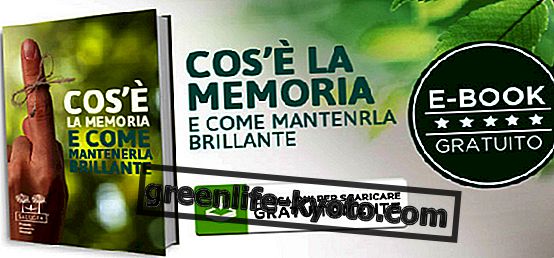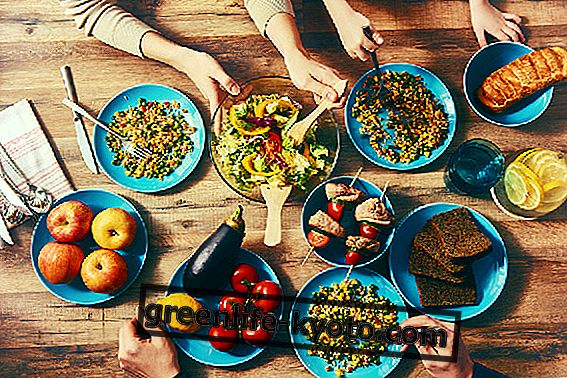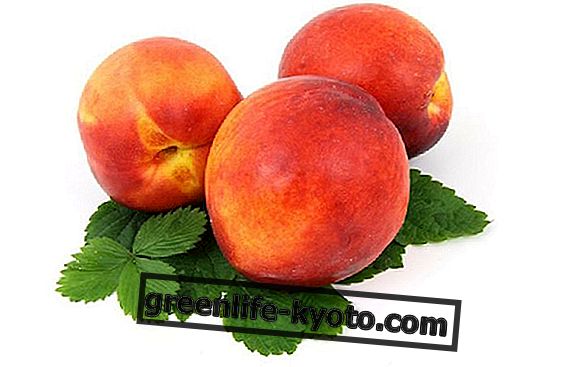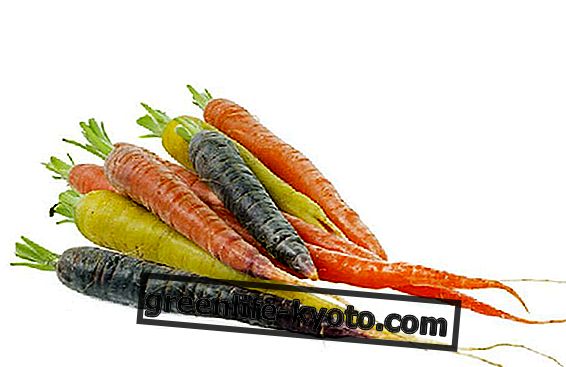
The world of spices belongs as much to the eastern dimension as to the western one.
In the ancient manuals of herbal medicine and phytotherapy many spices referring to the area to which they belong, to the specific territory, are cited as true remedies.
Even spices from other areas of the world can give us a lot of support, based on our constitutional type.
Let's see what to take at the end of a meal and for what purposes.
Which spices to consume at the end of a meal
We start with a great preparation after meal based on spices known in India as Mukhwas : it is consumed especially after dinner and is based on heating herbs of considerable benefit. He doesn't drink too much after the meal, but he sips it slowly .
Taking this habit also allows you, in the long run, to eat less, partly because the stomach benefits, partly because we assure you that it is a ritual that makes everything special and lets you enjoy food with the expectation of joy of tasting then the infusion.
It is often prepared with a small amount of rose water (if you have roses you can leave the petals in the water for a few hours after cleaning them).
All these seeds are toasted : cardamom, licorice root, anise, cinnamon sticks . You can also add pieces of dried coconut, a perfect food to burn fat and heat the body from the inside.
After toasting them, mix them all together and pistate them to be placed in water, which can be served fresh or brought slightly to a boil .
This drink is recommended for after dinner but - why not? - you can also try it after lunch, maybe to break a mechanical habit to consume coffee sometimes.
Let us look closely at what reason these spices are chosen:
- Anise: wonderful spice, digestive, deflating, reduces internal inflammation and acidity. It is also an excellent sleep aid.
- Cardamom: spice not only indicated for digestion but also for headaches and possible colds. It is also an excellent remedy for calming bowel pain or chronic irritability . It seems to be also an exceptional aphrodisiac.
- Licorice: increases blood pressure, promotes digestion. Very used in traditional Chinese medicine and in Ayurvedic medicine. It has a strong refreshing action and removes gastric acidity.
- Cinnamon: excellent for lowering cholesterol, also helps in cases of diabetes, regulates blood sugar and gives great support to metabolism.
Spices at the end of the meal: in which cases do not exceed
In many cases, after meals, turmeric is added to the drinks, which is a wonderful spice from the point of view of its antipyretic and anti-inflammatory properties, and also sensational to remove joint inflammation.
However, it is better not to exceed and always maintain the right balance, especially for those who have developed excessive production of gastric juices or have to cope with gastro-oesophageal reflux, especially for those who with previous strains and ingestion of over-acidifying drinks or foods such as chocolate, tomatoes or other solanaceae. In any case, we always recommend returning to a slow chewing, this already helps a lot.
Finally, an important detail: it is advisable not to drink water after having taken spices, especially after a meal: apart from the fact that it is always better to hydrate the body on an empty stomach, drinking water after consuming the spices is a common mistake, since the liquid which keeps us alive is a polar solution and does nothing but accentuate the possible burning sensation . It is no coincidence that in India many spice-based drinks are made with milk.
Spices and aromatic plants: natural antibiotics
To know more:
> Difficult digestion: symptoms and natural remedies
